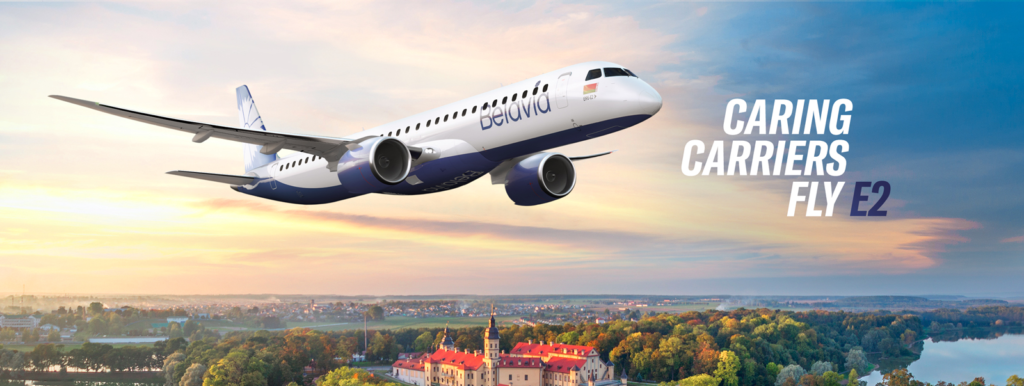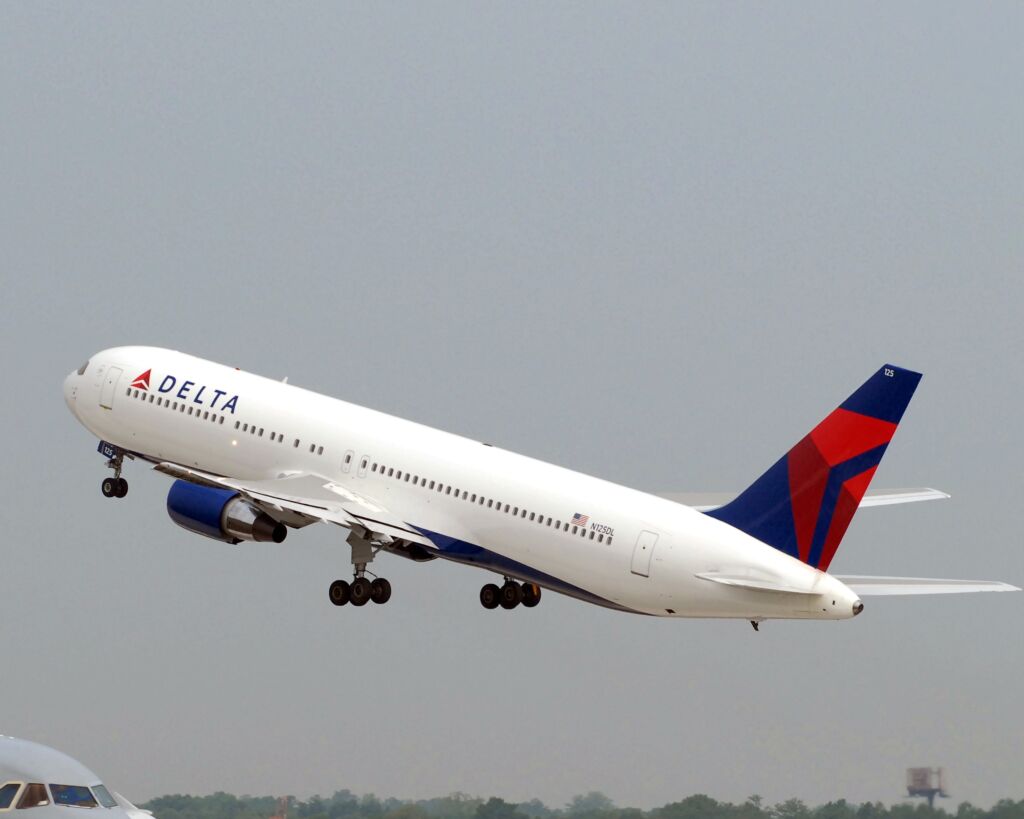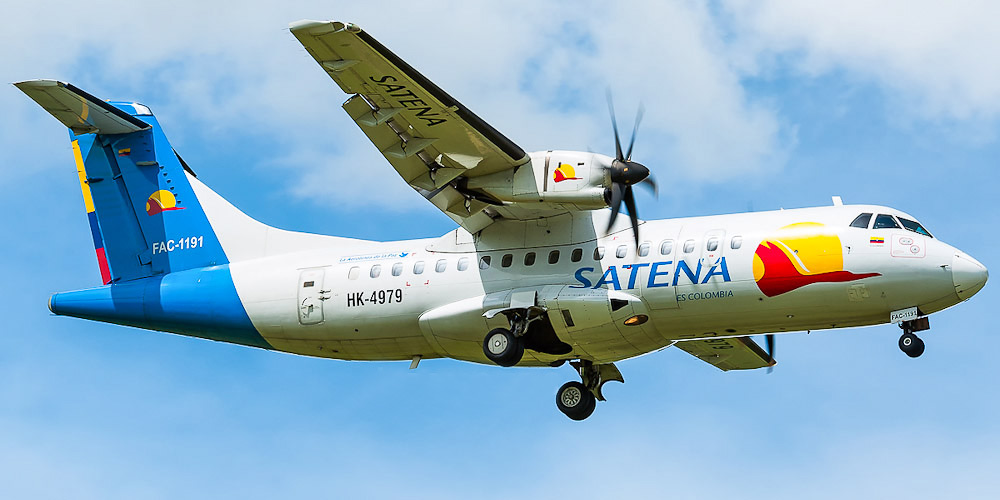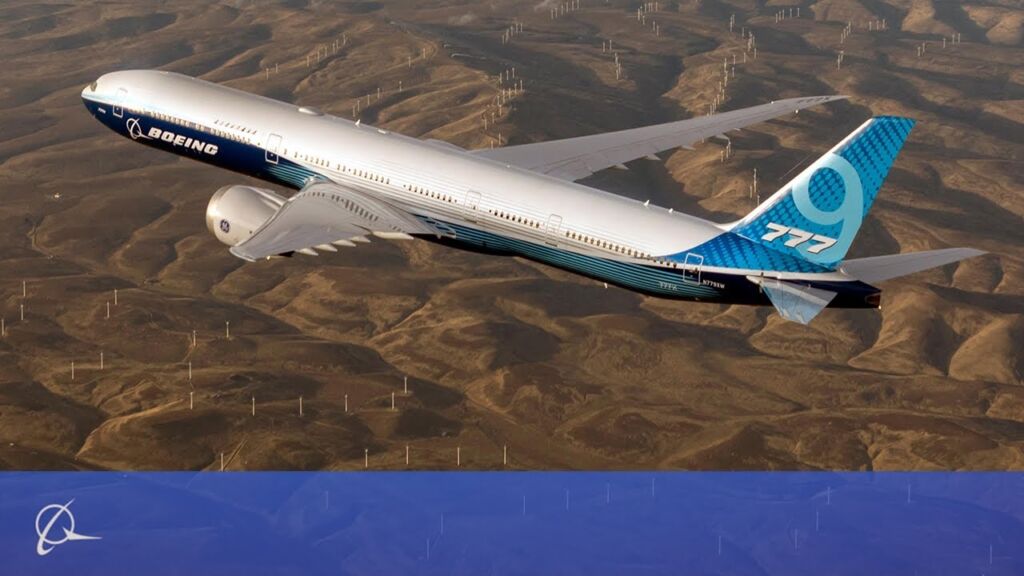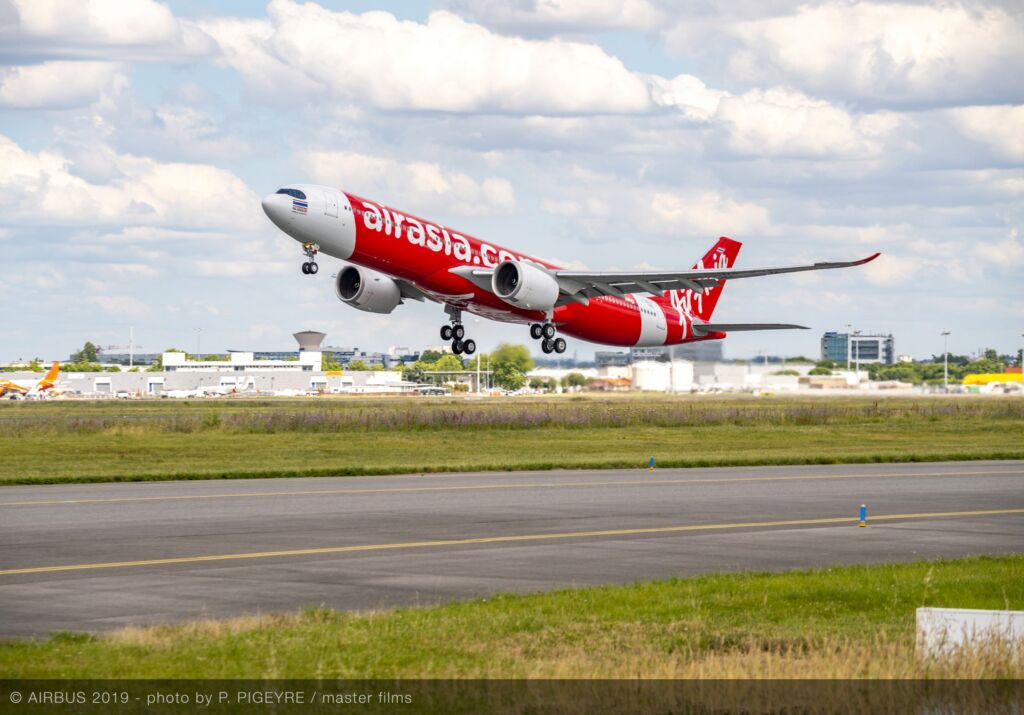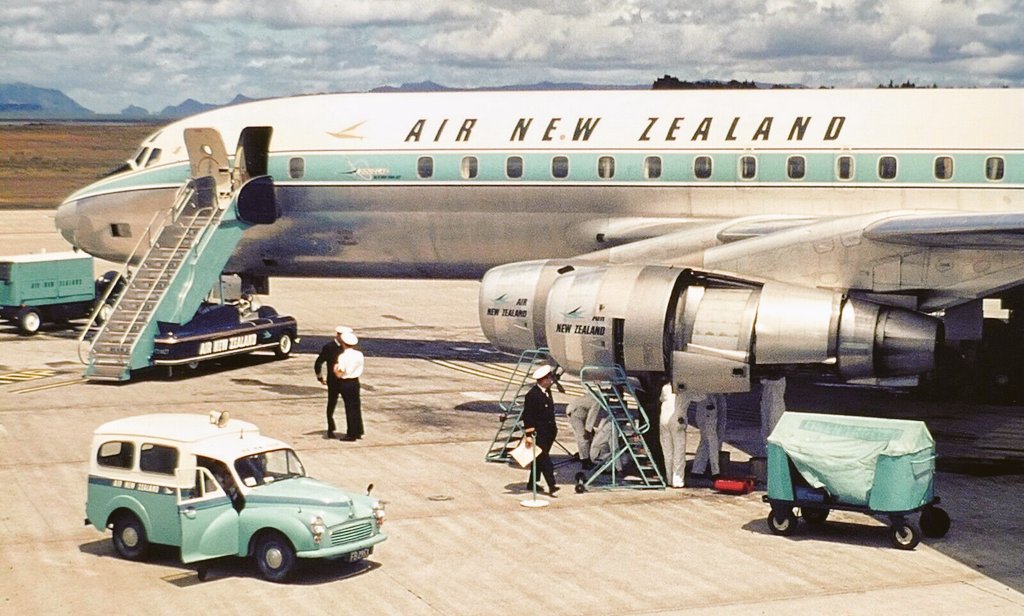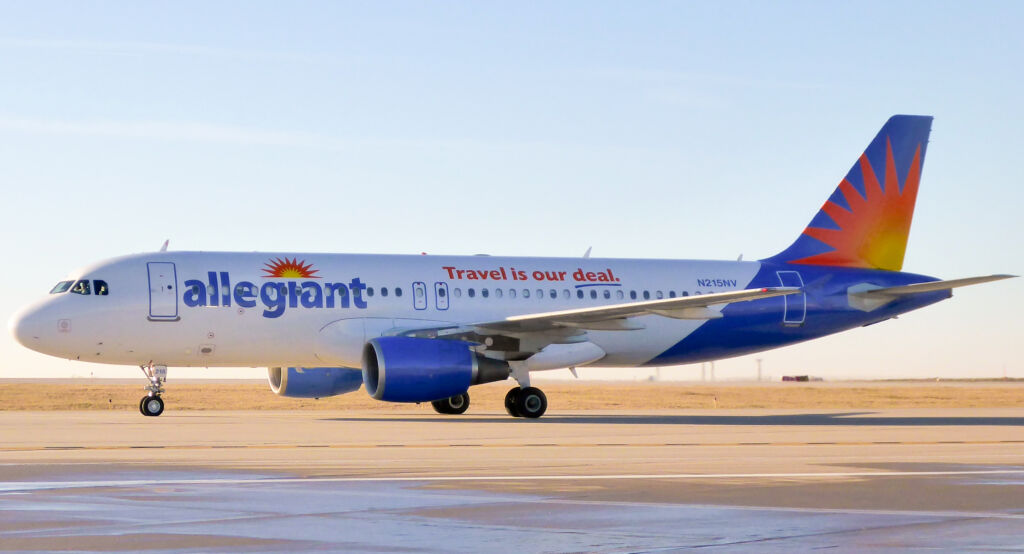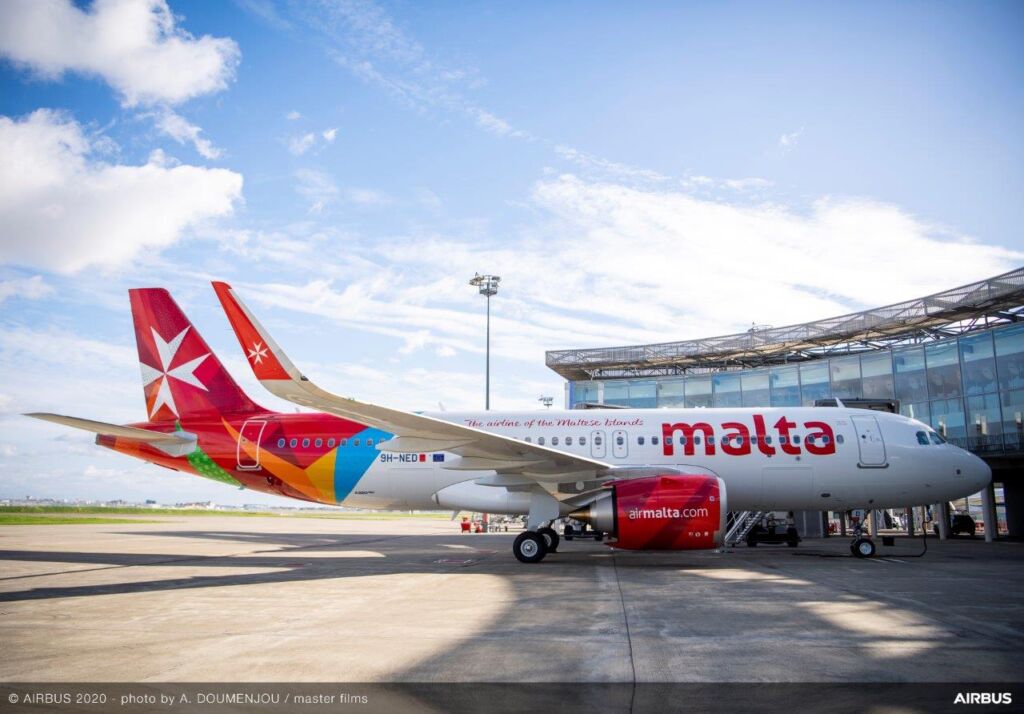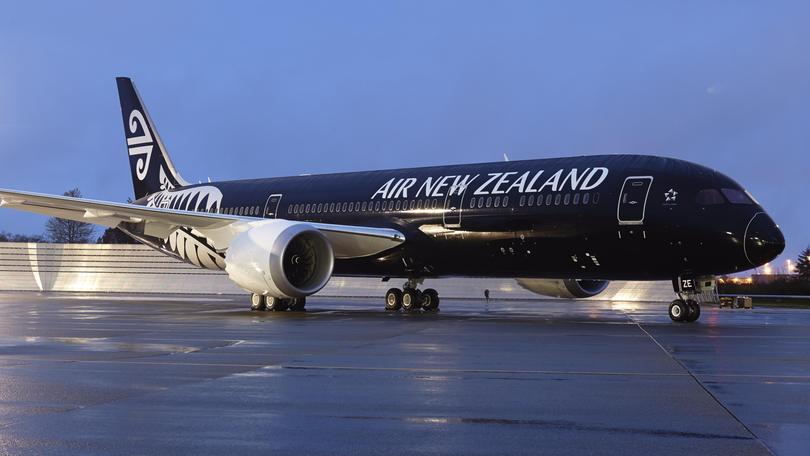International Space Station Tests Virus Fighting Surface Coating Developed by Boeing & University of Queensland
BRISBANE, Australia, Feb. 15, 2021 /PRNewswire/ -- Astronauts aboard the International Space Station (ISS) are conducting experiments with an antimicrobial surface coating designed to fight the spread of bacteria and viruses, including the Earth-bound SARS-CoV-2 virus responsible…

